Latest Articles about civil-military fusion
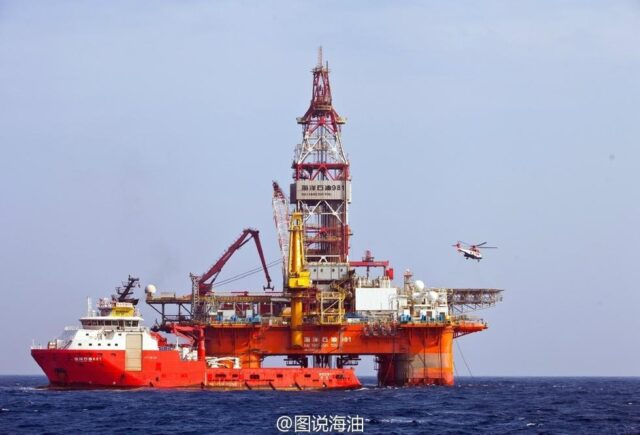
Rigging the Game: PRC Oil Structures Encroach on Taiwan’s Pratas Island
Executive Summary: Beijing’s relentless pressure on Taiwan now includes oil rigs: twelve permanent or semi-permanent structures and dozens of associated ships. The structures, which are owned by state-owned firm CNOOC, include seven rig structures, three floating production storage and offloading (FPSO) vessels, and two semi-submersible... MORE
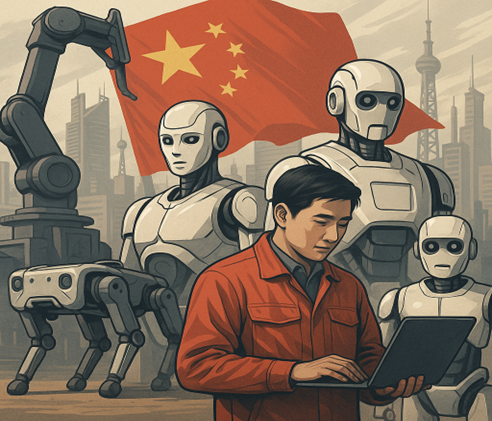
Embodied Intelligence: The PRC’s Whole-of-Nation Push into Robotics
Executive Summary: Since 2015, Beijing has pursued a whole-of-nation strategy to dominate intelligent robotics, combining vertical integration, policy coordination, rapid deployment, and local experimentation. This approach has already achieved several of its core objectives. Policy documents articulate an official focus on core trends and technologies... MORE

Smart Device Empire, Part 2: Policy Underpins PRC’s Global IoT Ambitions
Executive Summary: Beijing views control over the platforms, standards, and data flows of the Internet of Things (IoT) era as a source of lasting structural leverage, and has spent more than a decade positioning itself at the center of this emerging system. The PRC’s share... MORE
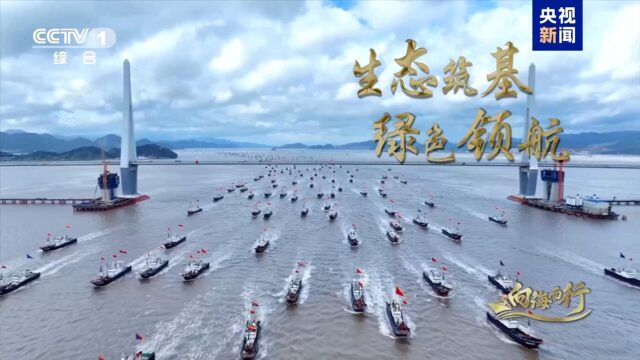
Evolving Blue Economy Propels PRC Maritime Ambitions
Executive Summary: Beijing’s maritime strategy hinges on expanding what it calls the “blue economy,” which is increasingly integrated with broader strategic ambitions under the rubric of becoming a “strong sea power.” Central government policies and five-years plans call for deeper cross-regional integration to support the... MORE
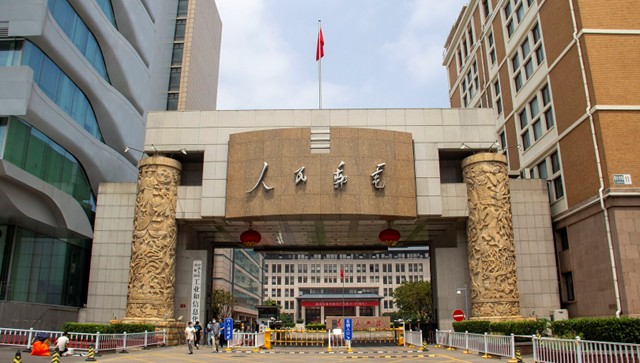
Beijing Accelerates State-Led AI Mobilization Under Xi’s ‘New National System’
Executive Summary: Beijing is moving to systematically embed artificial intelligence into its national innovation system, according to a high-level leadership meeting of the Ministry of Industry and Information Technology (MIIT) in early June. This marks the beginning of a new phase in which AI development... MORE
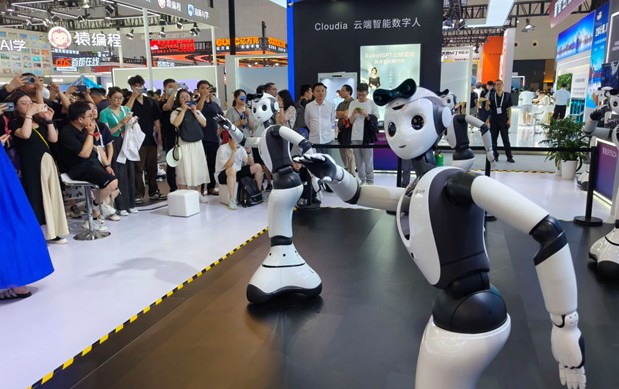
Explainer: How Xi’s ‘New National System’ Centralizes Innovation to Counter Tech Containment
Executive Summary: Since 2019, the Party has promoted the construction of a “new national system”—a centrally directed, institutionalized framework for mobilizing state and market resources to achieve breakthroughs in core technologies vital to national power and security. Beijing sees this system as already delivering results... MORE
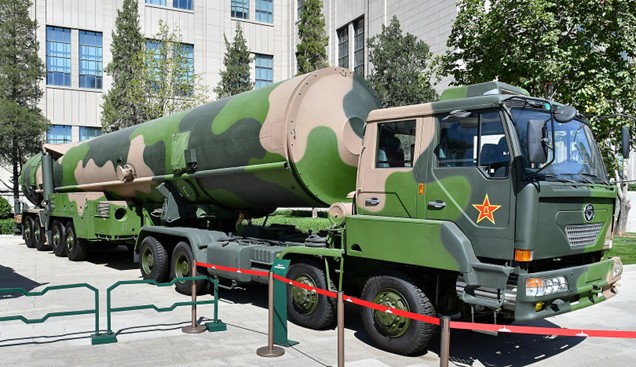
Experts See Risk and Reward to Integrating AI in Nuclear Weapons
Executive Summary: Chinese experts see potential in the ability of cyberattacks enabled by artificial intelligence (AI) to disrupt nuclear infrastructure and increase the pressure to use nuclear weapons in a crisis. The development of early warning capabilities toward a launch-on-warning posture increases Beijing’s impetus to... MORE
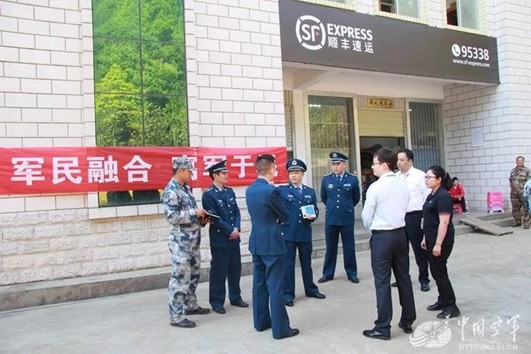
PRC Logistics Firms in the United States and Mexico Support Military-Civil Fusion
Executive Summary: Beijing is expanding global logistics infrastructure under the direction of its military-civil fusion agenda, enabling commercial assets to serve national defense needs. Logistics companies with ties to the People’s Liberation Army (PLA) have built extensive networks overseas, including in the United States and... MORE
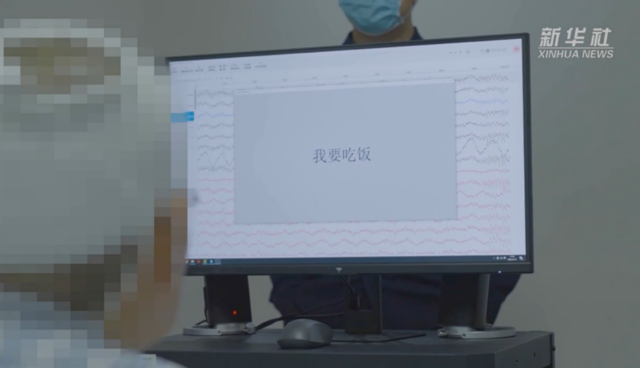
Brain-Computer Interface Systems, Qiyuan Lab, and the PRC’s AI Push
Executive Summary: Beijing views brain-computer interfaces (BCIs) as “key and core” technologies, leading to substantial state investment for both civilian and military purposes. Qiyuan Lab, an artificial intelligence (AI) laboratory in Beijing led by a People’s Liberation Army Major General and machine learning expert, has... MORE

The PRC’s Robotics Industry—Sunny Cheung’s Testimony Before the U.S.-China Economic and Security Review Commission
The following is a lightly edited version of testimony delivered by Jamestown Fellow for China Studies Sunny Cheung. The testimony was delivered before the U.S.-China Economic and Security Review Commission at a hearing held on February 6, 2025 on the topic “Made in China 2025—Who... MORE